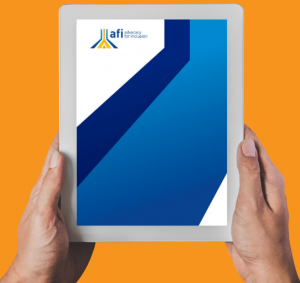
AFI, together with ACT Down Syndrome & Intellectual Disability, have made a joint submission to the Australian Government Department of Social Services regarding the Exposure Draft of the Request for Tender for a New Specialist Disability Employment Program. We have said that we would like to see more focus and attention on employment issues noting that barriers to employment contribute to low incomes and poverty especially in Canberra with its high cost of living. We point out that employment policy for people with disability has been constrained by its sole carriage by the Australian Government with limited and unclear roles for the States and Territories and municipal government. The States and Territories have some key levers including taxation and proximity to employment creation and relationships with State and Territory chambers and business and commerce. They are also heavily involved in procurement in industries which offer entry level jobs.
We say an improved approach would include the program untethering some of the funding set aside for specialist providers to enable DPO’s and DRO’s to do more to foster employment opportunities. We have also said that the employment services and the employment program should have a broader focus on supporting the activation of people with disabilities across all areas of life and setting up sustainable outcomes rather than a narrow employment first focus. This would mean an increased focus on peer support, self-advocacy, and community development – even when an employment outcome is some way off. We point out that the evidence tells us people need holistic attention to additional circumstances such as stabilising housing, transport arrangements and connection to social networks as well as the accompanying soft skills to become job ready. We have said that the ACT would be a good pilot site to target a different approach including collaborative and joined-up employment programs that involve DPO and DROs. Not only does the ACT have a one-tier system of government, but it also has a history of policy innovation and ambition across disability and business. You can read our submission here:
